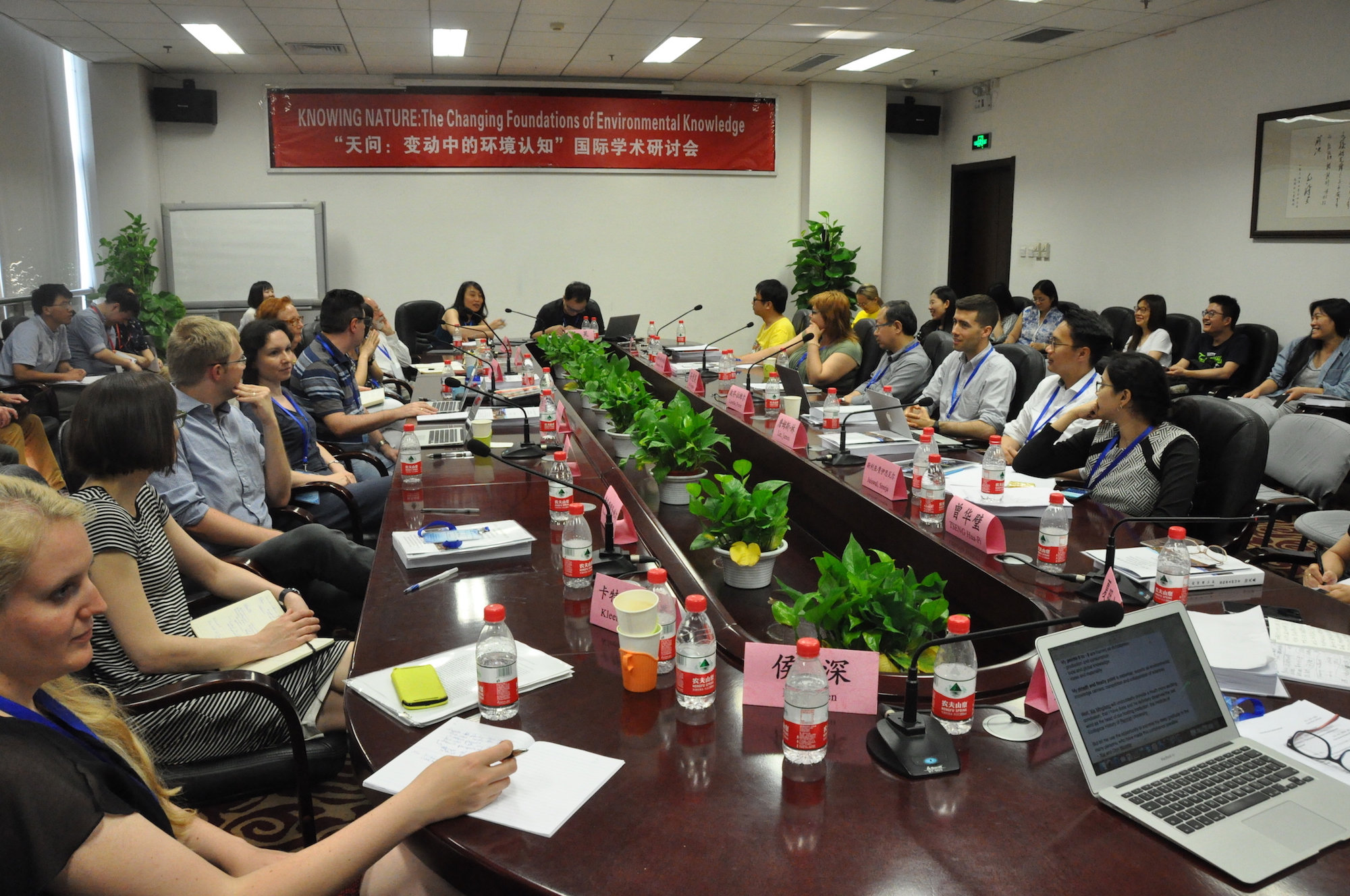May 25-27, 2017
Knowing Nature: The Changing Foundations of Environmental Knowledge
- 09:00 to 17:00
- Conference
- Dept. III
An international conference held in Beijing, Renmin University of China.
Co-Sponsored by the Rachel Carson Center for Environment and Society, Ludwig Maximilian University, Munich, and the Center for Ecological History, Renmin University of China, Beijing, with the collaboration of the Max Planck Institute for the History of Science, Berlin.
Program
Who knows nature best? Over the past 10,000 years competing communities of knowledge have evolved, each with formalized standards and processes. Peasants have competed against craftsmen, religious leaders, and urban experts. In modern societies based on science and technology, the claims to knowledge have changed even more dramatically, although scientific knowledge still competes with other bodies of knowledge. And always, who gets to define knowledge can have profound consequences for the natural world.
For our conference we seek proposals that examine what has been seen and under-stood as measurable, speculative, safe or unsafe and how scale (of landscapes, research projects etc.) can affect knowledge production. We welcome proposals on the rise of new fields of knowledge about nature and the environment and their search for disciplinary and institutional stability. Our conference will seek to move beyond simple dichotomies (modernity vs. tradition, science vs. religion, folk wisdom vs. urban ignorance), to develop comparisons that cross national boundaries, and to bring neglected parts of the globe and time into view.
Conveners
- Helmuth Trischler (Deutsches Museum and Rachel Carson Center)
- Donald Worster (University of Kansas and Renmin University of China)
- Mingfang Xia (Renmin University of China).
Keynote Speaker
Our keynote speaker will be Dagmar Schäfer, managing director of the Max Planck Institute for the History of Science in Berlin, and author of The Crafting of the 10,000 Things: Knowledge and Technology in Seventeenth-Century China (University of Chicago Press, 2011).
- Wilko Graf von Hardenberg
- Rachel Carson Center for Environment & Society
- Center for Ecological History, Renmin University of China, Beijing
Related Project(s)
Contact and Registration
Please contact the organizers for further information.
Gallery
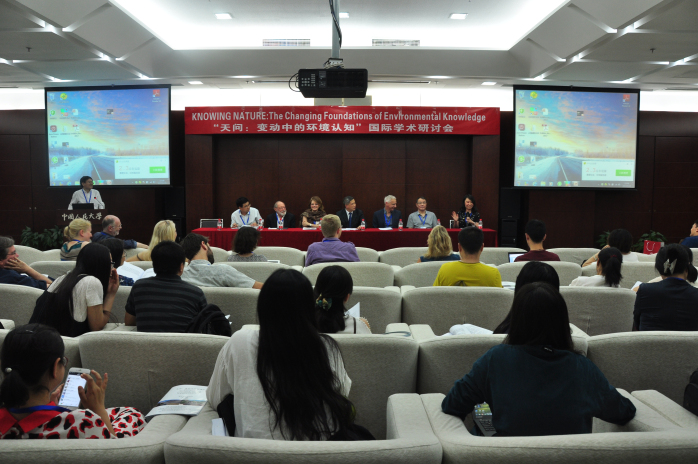
Opening ceremony. Photo: Liu Shahang.
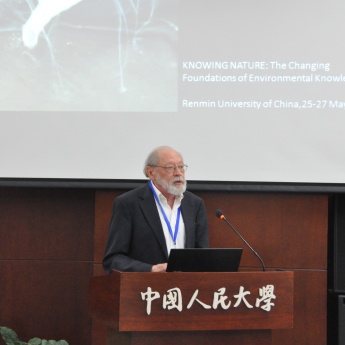
Donald Worster introducing the keynote speaker, Dagmar Schäfer. Photo: Liu Shahang.
Donald Worster introducing the keynote speaker, Dagmar Schäfer. Photo: Liu Shahang.
Donald Worster introducing the keynote speaker, Dagmar Schäfer. Photo: Liu Shahang.Donald Worster introducing the keynote speaker, Dagmar Schäfer. Photo: Liu Shahang.
Donald Worster introducing the keynote speaker, Dagmar Schäfer. Photo: Liu Shahang.
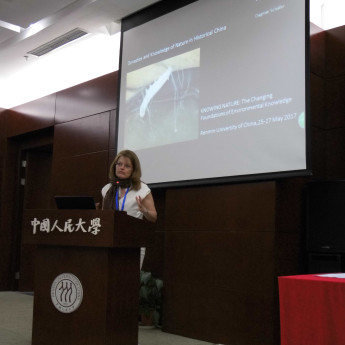
Keynote speaker Dagmar Schäfer during her presentation on the silk worm. Photo: Katrin Kleemann.
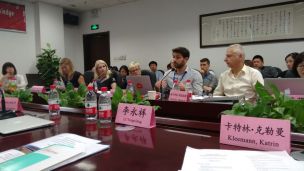
A discussion during the first session of day 2. Photo: Katrin Kleemann.
Keynote speaker Dagmar Schäfer during her presentation on the silk worm. Photo: Katrin Kleemann
Keynote speaker Dagmar Schäfer during her presentation on the silk worm. Photo: Katrin Kleemann
Keynote speaker Dagmar Schäfer during her presentation on the silk worm. Photo: Katrin Kleemann
Keynote speaker Dagmar Schäfer during her presentation on the silk worm. Photo: Katrin Kleemann
Keynote speaker Dagmar Schäfer during her presentation on the silk worm. Photo: Katrin Kleemann
Keynote speaker Dagmar Schäfer during her presentation on the silk worm. Photo: Katrin Kleemann
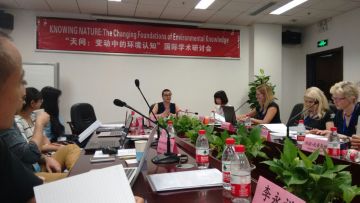
Session 2 of day 2 was chaired by Agnes Kneitz. Photo: Katrin Kleemann.

A discussion during session 3 on the third day of the conference, chaired by Hua-Pi Tseng. Photo: Katrin Kleemann.

Concluding discussion between Helmuth Trischler and Mingfang Xia. Photo: Katrin Kleemann.
